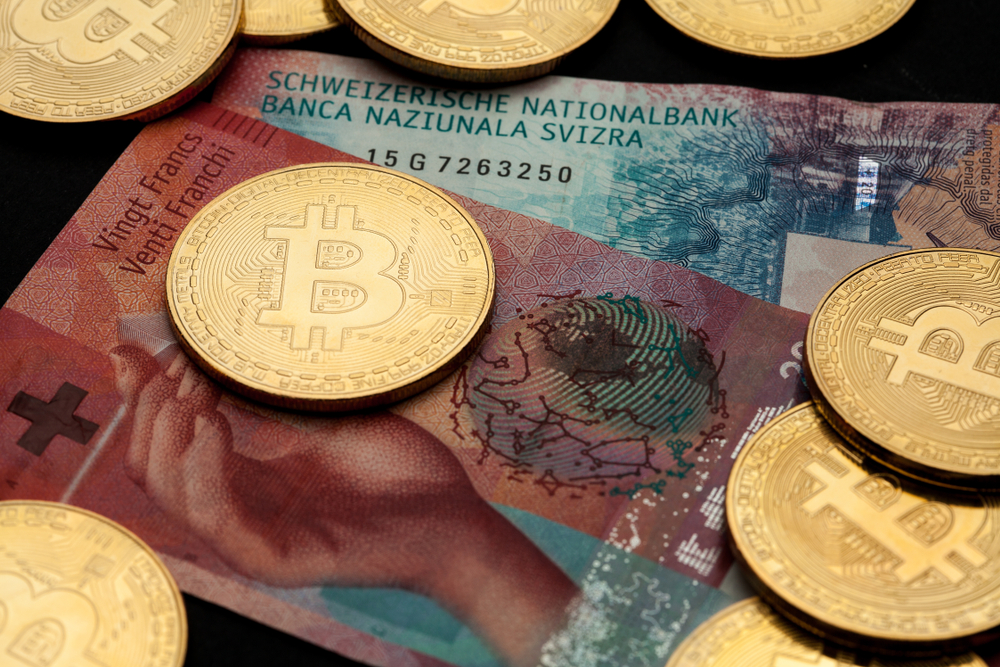Latest news about Bitcoin and all cryptocurrencies. Your daily crypto news habit.

Cryptocurrencies are often criticized for failing to replicate some of the basic functions of fiat money. Governments are always ready to warn you that you can’t spend, or save, or trade, or make digital coins. This state of mind, however, is slowly but surely changing, as more benefits become apparent. Paying, saving, investing – bitcoin can serve all these purposes, and sometimes that happens with approval from authorities.
Also read: These Countries Won’t Tax Your Bitcoins Too Much
Failing to Be Fiat, Proving to be Money
Policy makers and central bankers often claim that cryptos are unable to perform basic functions of fiat money – means of payment, medium of exchange, store of value, and unit of account. Many times, however, they acknowledge one or more of these characteristics, especially when that serves their priorities. Filling the coffers is one such priority, if not the main one, for just about any government. Taxes are the major source of budget revenues for most countries with open market economies. Last year’s record highs have put cryptocurrencies in the spotlight of this year’s tax campaign.
 But how do they tax something they pretend does not exist, or exists without permission?
But how do they tax something they pretend does not exist, or exists without permission?
Authorities had very little time to solve the dilemma. Only a few months separate the bull run that pushed bitcoin to almost $20,000 in December and Tax Day, which in many countries comes in April. That’s probably why we see some unexpected concessions in regards to cryptocurrencies.
“There is no plan to increase the use of private cryptocurrencies” – that’s what Latvia told Coppay, when the company inquired about crypto payments last year. “We consider them unable to fulfill money functions and a high risk means of payment,” the country’s central bank said in November. Latvijas Banka also “invited financial institutions and citizens to avoid engagement in crypto activities”. In April of this year, however, authorities in Riga decided that cryptocurrencies are “taxable”. They plan to collect 20% on gains from crypto deals now when the Finance Ministry recognizes them as a “medium of exchange”.
If Latvia is not big enough to be a major precedent, how about Germany? Authorities there decided not to tax bitcoin when exchanged with euros, but VAT is imposed on sales in bitcoin. Sounds like they are talking about a currency. Gains from long-term crypto holdings won’t be taxed. Isn’t that an acknowledgment that bitcoin can store value? By the way, crypto payments are doing well in the Federal Republik. Last summer the country’s largest online food delivery portal started accepting bitcoin (now both in BTC and BCH). In March, Germany’s Tourism Board announced it is also taking cryptos for its services.
Cryptocurrencies received another recognition in Switzerland (who would’ve thought?). A high-ranking Swiss National Bank official recently said: “Private-sector digital currencies are better and less risky than any version that might be offered by a central bank”. A government-backed cryptocurrency would deliver scarcely any advantages, but would give rise to incalculable risks, according to Andrea Maechler, member of the central bank’s governing board. What’s that supposed to mean? Decentralized money benefits financial stability?
Russia thought about a national cryptocurrency for a while, but eventually decided to put the “cryptoruble” on the back burner. Its central bank thinks it is “not appropriate”, and the finance minister says it’s not even possible. Instead, Russian authorities are now working to comprehensively regulate independent cryptocurrencies, with 27 digital economy bills expected by the end of the year. One of the draft laws aims to legalize the use of “digital money” for payments.
The Russian Federation has also been thinking about circumventing western sanctions with the help of cryptos. Different proposals in that direction have been made by both experts and officials. One of them suggests to use a crypto coin in international transactions with partners from the Eurasian Economic Union and BRICS. Centrobank has voiced its support.
Death, Taxes… Cryptos
There is a strong argument in favor of state money that’s hard to put down. No matter how deflated or useless a national currency may be, the government that has issued it is obliged to accept it as a legal tender. That’s not the case with cryptocurrencies, as there is no government or central bank behind them. However, an interesting development is worth noting. It is taking place in the land where “nothing can be certain, except death and taxes”.
 Have you ever heard of a government accepting taxes in a foreign currency? Well, bitcoin is not exactly a foreign one, but it’s still a different currency. Nevertheless, it may soon be recognized as a legitimate payment option by tax authorities in at least two U.S. jurisdictions. Yes, Arizona and Georgia are working on that.
Have you ever heard of a government accepting taxes in a foreign currency? Well, bitcoin is not exactly a foreign one, but it’s still a different currency. Nevertheless, it may soon be recognized as a legitimate payment option by tax authorities in at least two U.S. jurisdictions. Yes, Arizona and Georgia are working on that.
Reliable means of payment – ✓, secure store of value – ✓, popular medium of exchange – ✓… Many governments, central banks, and financial authorities have so far acknowledged one or two of the “real money” features of bitcoin. One more deserves a mention! Yes, they all like it a lot – “the technology behind it”, the blockchain, is what makes it a good unit of account – ✓.
Do you think bitcoin checks all boxes? Share your thoughts on the subject in the comments section below.
Images courtesy of Shutterstock.
This is an Op-ed article. The opinions expressed in this article are the author’s own. Bitcoin.com does not endorse nor support views, opinions or conclusions drawn in this post. Bitcoin.com is not responsible for or liable for any content, accuracy or quality within the Op-ed article. Readers should do their own due diligence before taking any actions related to the content. Bitcoin.com is not responsible, directly or indirectly, for any damage or loss caused or alleged to be caused by or in connection with the use of or reliance on any information in this Op-ed article.
The post The Government Dilemma: How To Tax Something One Pretends Does Not Exist appeared first on Bitcoin News.
Disclaimer
The views and opinions expressed in this article are solely those of the authors and do not reflect the views of Bitcoin Insider. Every investment and trading move involves risk - this is especially true for cryptocurrencies given their volatility. We strongly advise our readers to conduct their own research when making a decision.
